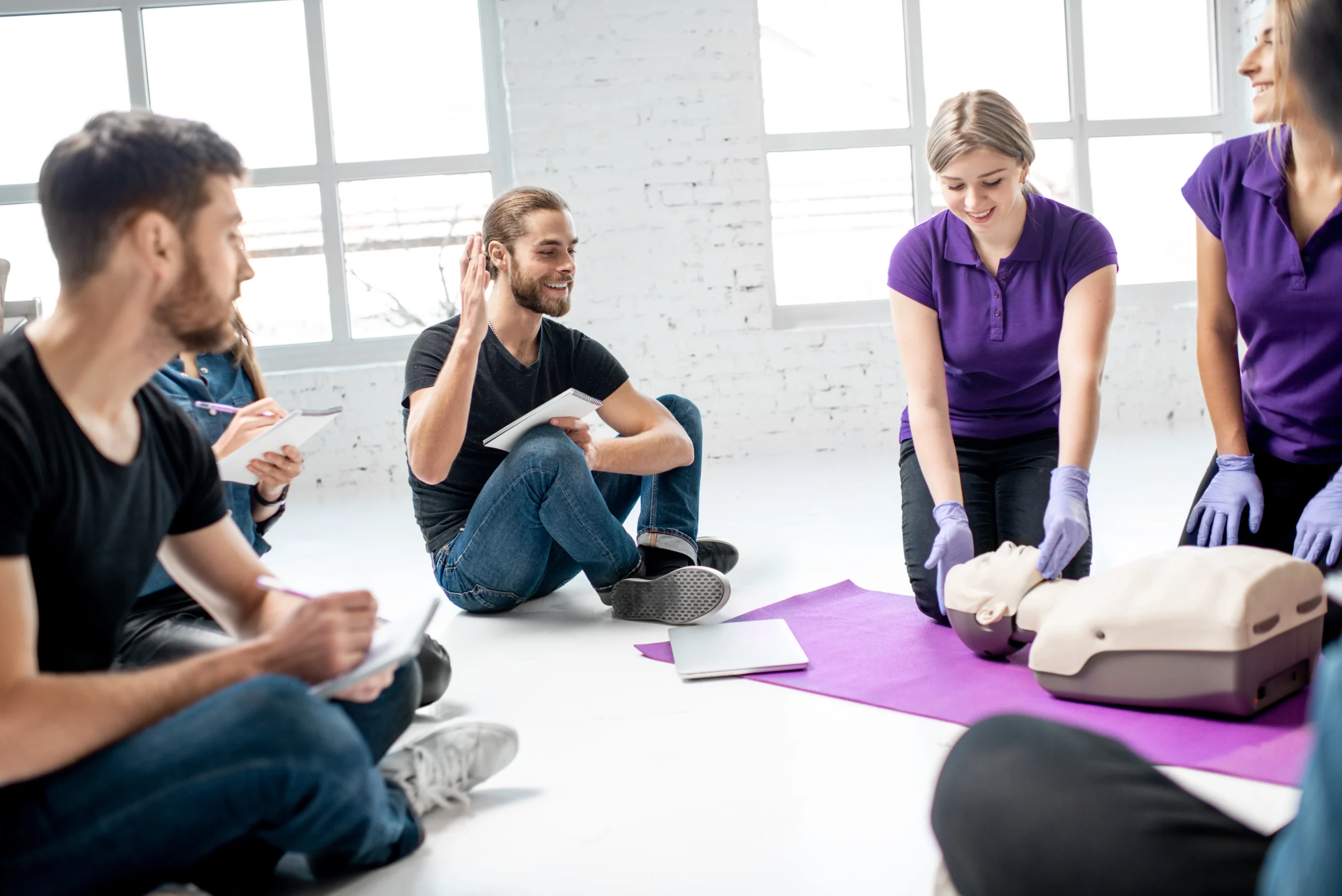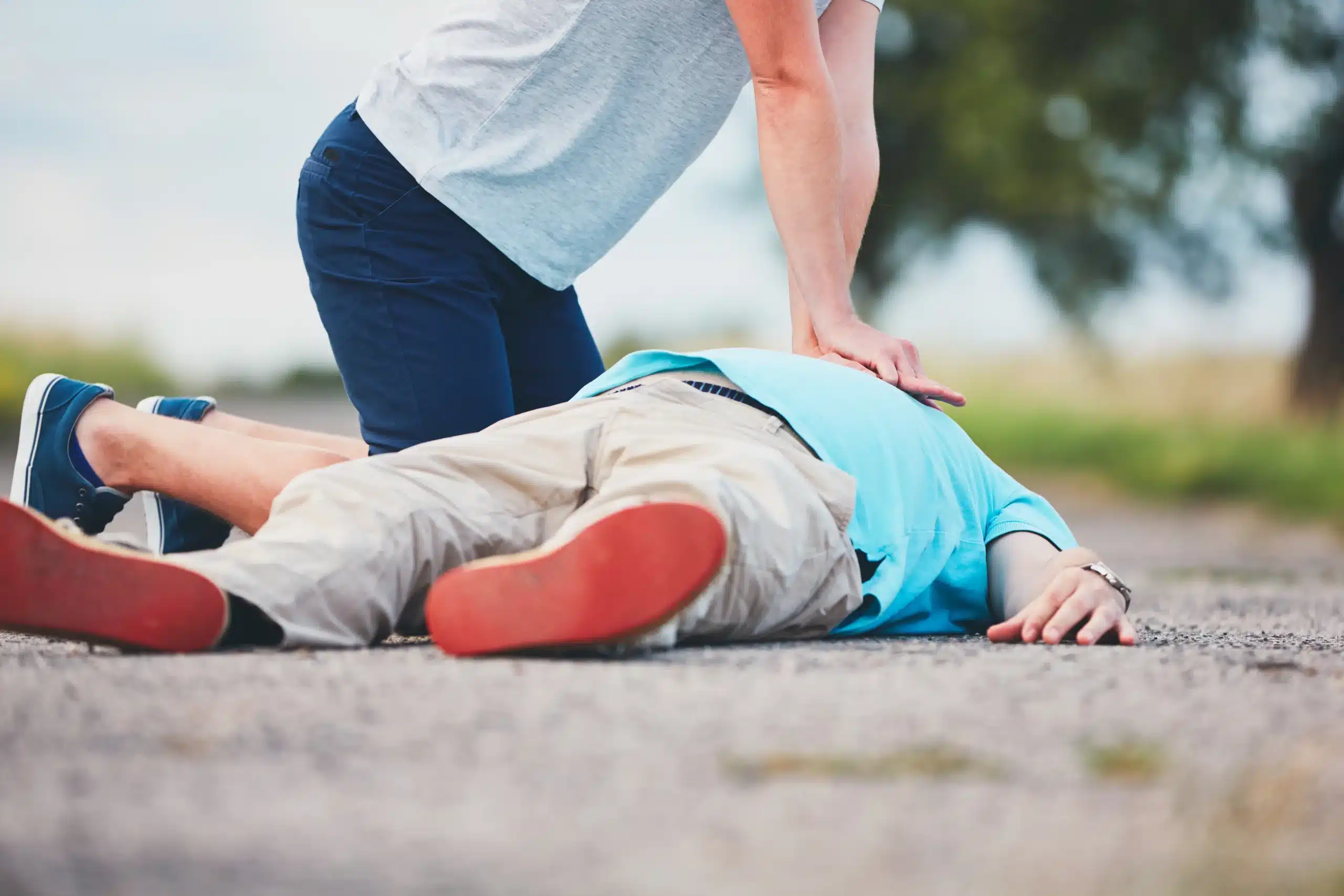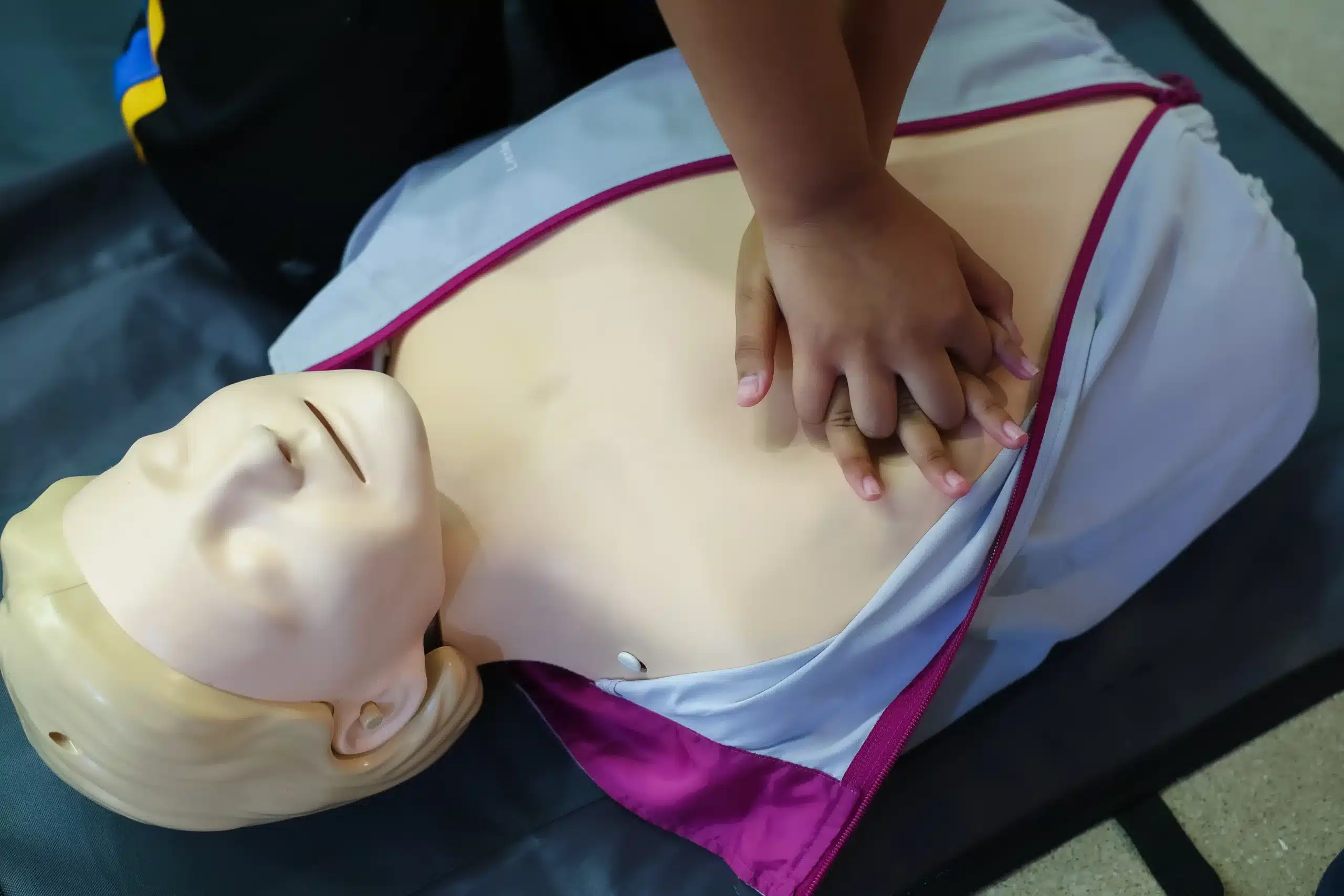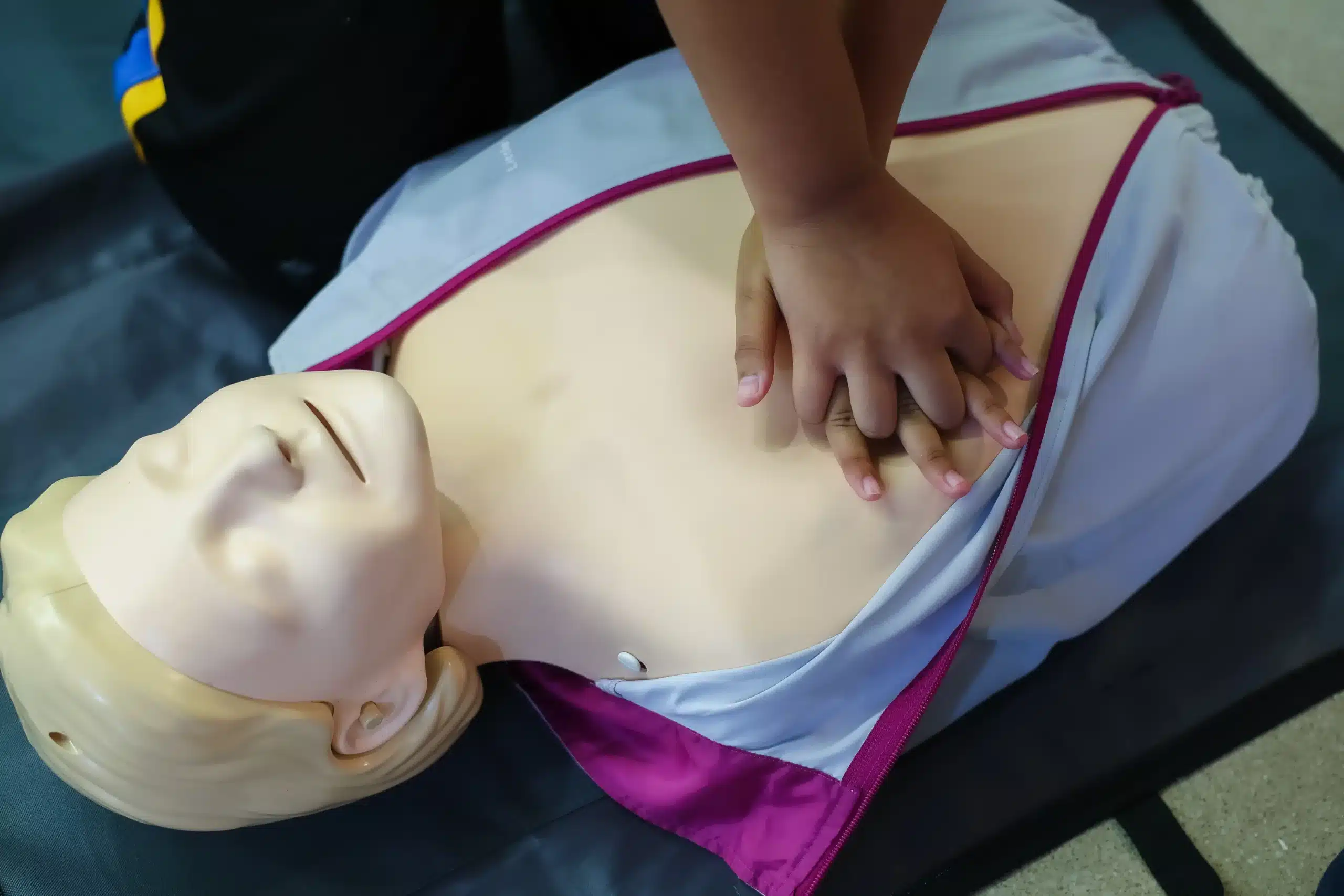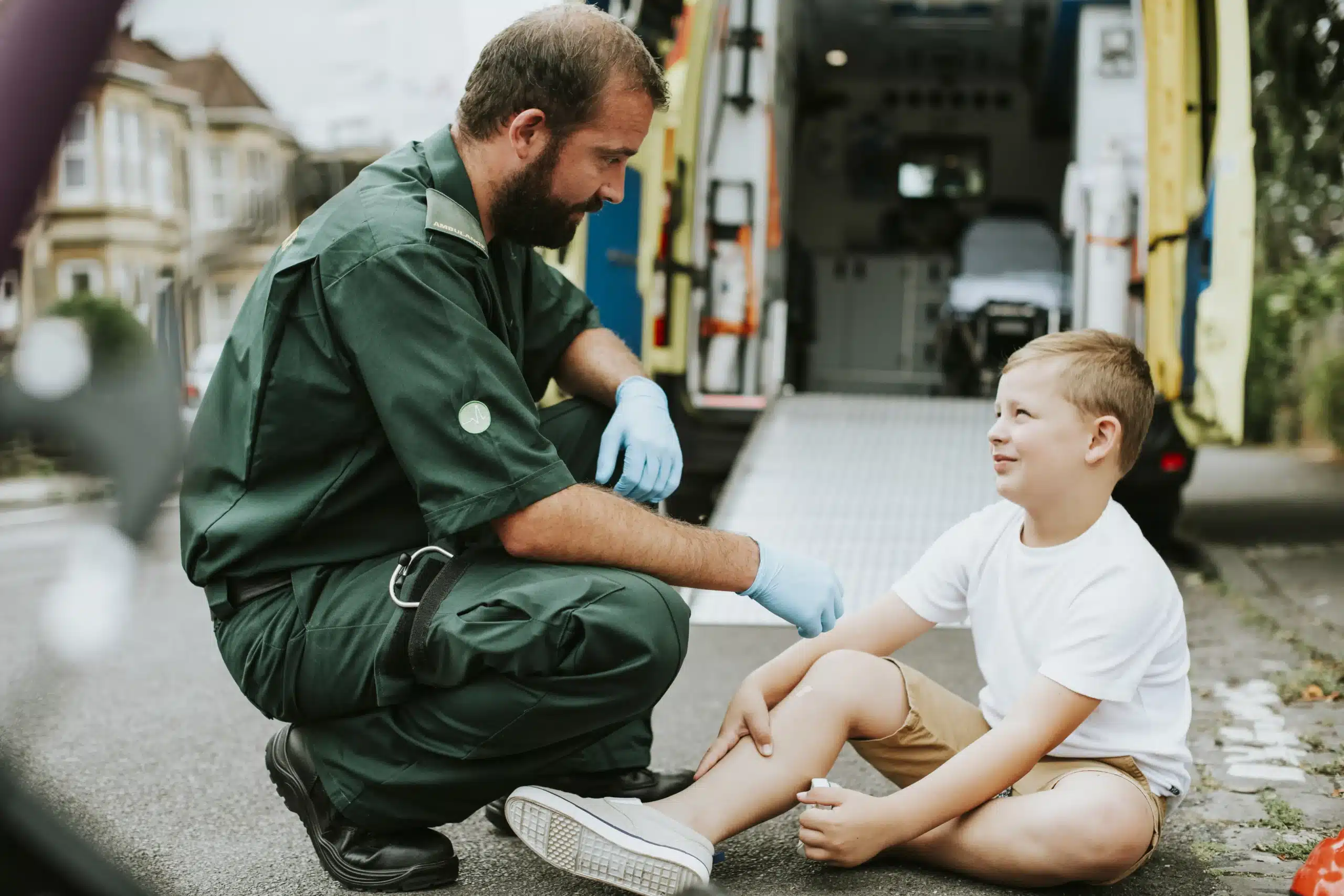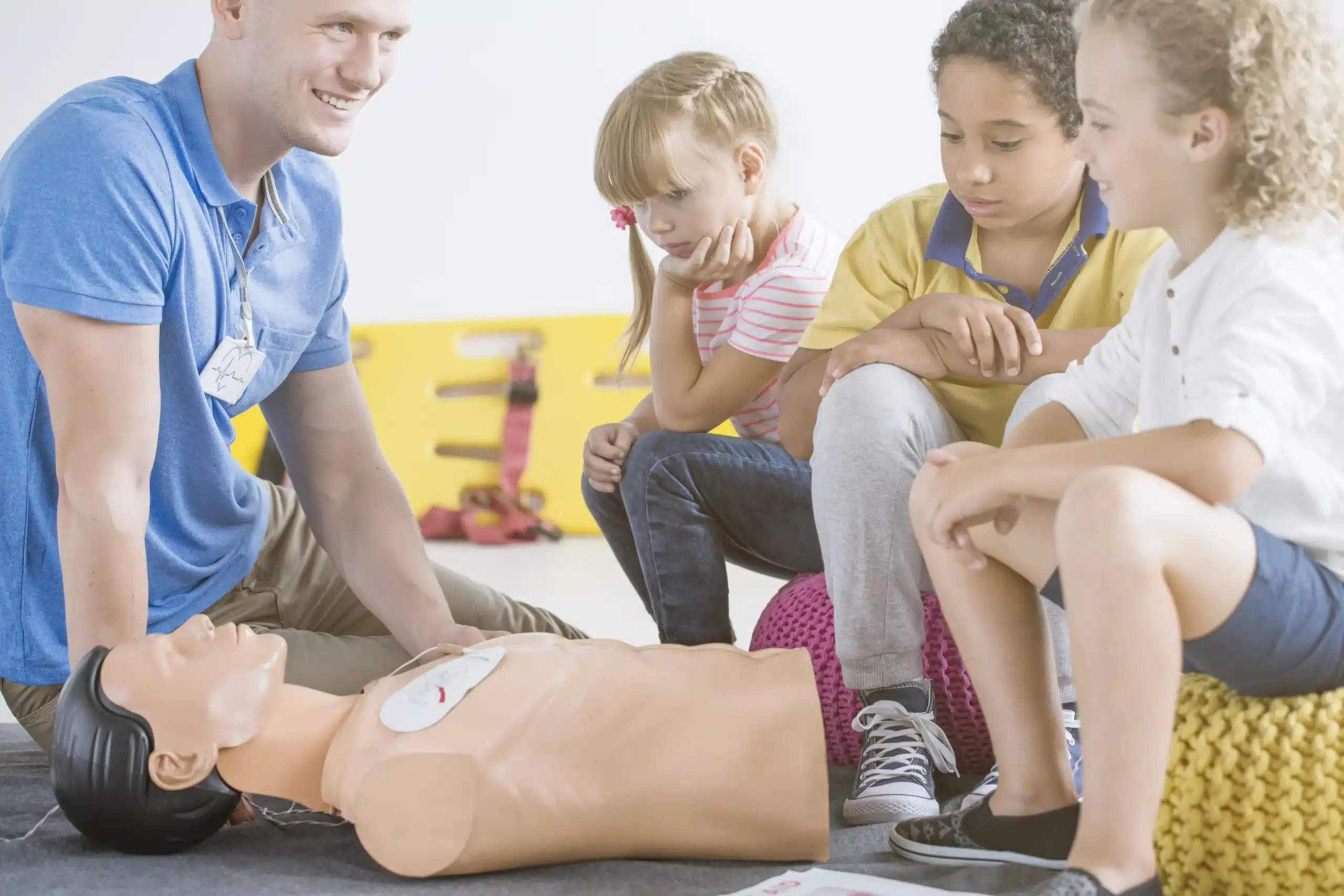Cardiopulmonary resuscitation (CPR) saves lives, but for many survivors, the battle doesn’t end in the hospital. Reeling from the trauma of a near-death experience, survivors often face significant psychological challenges. The emotional scars, though unseen, can be as impactful as the physical ones. This blog sheds light on the psychological recovery for CPR survivors, exploring its challenges, coping mechanisms, and why mental health care is crucial for long-term well-being. Whether you’re a survivor, a loved one, or a healthcare professional, understanding this process is the first step to recovery.
Understanding the Psychological Impact of CPR
Immediate Emotional Responses
CPR is a traumatic event—for both the body and mind. Survivors often grapple with fear, confusion, and anxiety in the aftermath. According to psychological studies, these reactions stem from the suddenness and severity of the experience. For many, the realization of how close they came to death can be overwhelming.
Some survivors may experience Acute Stress Disorder (ASD), marked by flashbacks, heightened vigilance, and difficulty concentrating. This can occur within days or weeks, disrupting daily life and relationships.
Long-Term Effects on Mental Health
For some survivors, the challenges persist well beyond the immediate aftermath. Long-term effects like Post-Traumatic Stress Disorder (PTSD), depression, and survivor’s guilt are not uncommon. Research published in the Resuscitation Journal reveals alarming statistics:
- Depression affects up to 45% of cardiac arrest survivors.
- Anxiety rates range from 13% to 61%.
- Between 19% and 27% of survivors develop PTSD.
The trauma often triggers deep existential questions. Survivors may grapple with their mortality or search for a new sense of purpose, resulting in a shift in worldview. While these reflections can be profoundly transformative, they can also feel disorienting or isolating without proper support.
Coping Strategies for Survivors and Families
The road to recovery involves more than just time. It requires active coping strategies and support from a network of loved ones and professionals. Here’s how survivors and their families can help ease this transition:
Mindfulness-Based Techniques
Practicing mindfulness can be incredibly effective in alleviating anxiety and stress. Techniques like meditation, yoga, or journaling can promote emotional stability and resilience. For instance:
- Mindfulness Meditation helps survivors remain present, reducing flashbacks and anxious thoughts.
- Journaling offers a space to process emotions and track progress, providing tangible evidence of growth.
Try this at home: Spend 5 minutes each morning writing 3 things you’re grateful for. This small habit can have a big impact on your mental state.
Support Networks
Recovery is not a solitary process. Strong support systems of family, friends, and peers can provide a lifeline. Encouraging survivors to open up about their feelings can foster connection and healing.
Consider joining survivor-specific forums like the American Heart Association survivor communities. Sharing stories with those who have lived through similar experiences can alleviate isolation and create a sense of belonging.
Lifestyle Adjustments
Adopting a healthy lifestyle is crucial. Survivors can benefit from:
- Regular Exercise to alleviate symptoms of depression and anxiety while improving overall fitness.
- Balanced Nutrition that fuels both mind and body.
- Quality Sleep routines to restore energy, mood, and cognitive function.
Simple, sustainable routines can help survivors regain control over their daily lives.
Seeking Professional Help
Sometimes, professional intervention is necessary. Therapists or counselors specializing in trauma can provide tailored strategies for recovery. Explore therapies such as:
- Cognitive Behavioral Therapy (CBT): Helps reframe negative thought patterns.
- Eye Movement Desensitization and Reprocessing (EMDR): Eases symptoms of PTSD by addressing traumatic memories.
If you’re unsure where to start, seek recommendations from your primary care provider or organizations like the Anxiety and Depression Association of America (ADAA). Finding the right professional is key.
Why Psychological Recovery Is Essential
Psychological recovery doesn’t just improve emotional well-being; it’s integral to physical health. Chronic stress caused by untreated trauma can worsen physical ailments, delay healing, and increase the risk of further health issues. Engaging in mental health care alleviates stress, promotes compliance with physical rehabilitation, and overall supports a better quality of life.
Addressing the mental aspect of recovery empowers survivors to rebuild confidence and resilience. It extends beyond surviving to truly thriving.
Take Action to Support Survivors
One way to make a difference is by becoming CPR-certified. Every successful resuscitation story begins with a trained responder. Organizations like Safety Training Seminars offer AHA-certified courses in Petaluma, CA, including CPR and First Aid, Basic Life Support (BLS), Advanced Cardiac Life Support (ACLS), and Pediatric Advanced Life Support (PALS).
For healthcare organizations, providing your team with updated CPR training ensures better care during emergencies and prepares them to support patient recovery afterward. Empower yourself and others with life-saving skills today.
Moving Forward with Resilience
Recovering from a life-altering event like CPR may seem overwhelming, but it’s important to remember that progress is possible. With the right tools, support, and mindset, survivors can rebuild their lives and find new strength in their experiences.
If you or someone you know has faced psychological challenges following resuscitation, encourage them to seek help. Recovery is not linear, but every step forward—no matter how small—is a victory worth celebrating. Share this article to spread awareness, and check out CPR training courses to make an impact in your own community.
Surviving is only the first step. Thriving comes next.

